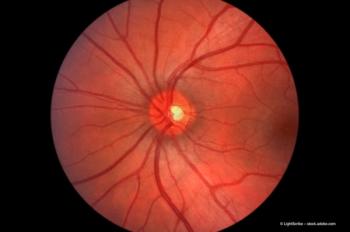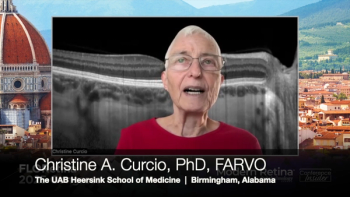
Night vision and AMD
Problems with night vision correlate to an increase in the risk of symptoms of both the wet and dry forms of age-related macular degeneration (AMD), according to study results published in the November issue of Ophthalmology.
Problems with night vision correlate to an increase in the risk of symptoms of both the wet and dry forms of age-related macular degeneration (AMD), according to study results published in the November issue of Ophthalmology.
Gui-shuang Ying, PhD of the Center for Preventive Ophthalmology and Biostatics, Philadelphia, US and colleagues conducted the multicentre, randomized Complications of Age-Related Macular Degeneration Prevention Trial (CAPT), which assessed night vision in a cohort study. Participants (n=1052) had >10 drusen of >125 µm and visual acuity (VA) of >20/40 bilaterally. Subjects completed a 10-item Night Vision Questionnaire (NVQ-10), after which one eye received laser treatment and the opposite eye was monitored but not treated. VA was assessed at baseline, six months and annually thereafter, for a period of up to six years. Choroidal neovascularization (CNV) and geographic atrophy (GA) were also assessed.
The mean NVQ-10 score at baseline was 70 (range: 3–100). Patients with lower NVQ-10 scores - those with the worst night vision - were more likely to lose >3 lines of VA bilaterally during follow-up, to develop GA and to suffer CNV. Following adjustment for potential influencing factors, the difference in risk levels remained statistically significant.
The team concluded that, independently of other factors, poor night vision is associated with a greater risk of losing >3 lines of VA, development of GA and incidence of CNV.
Newsletter
Get the essential updates shaping the future of pharma manufacturing and compliance—subscribe today to Pharmaceutical Technology and never miss a breakthrough.




























